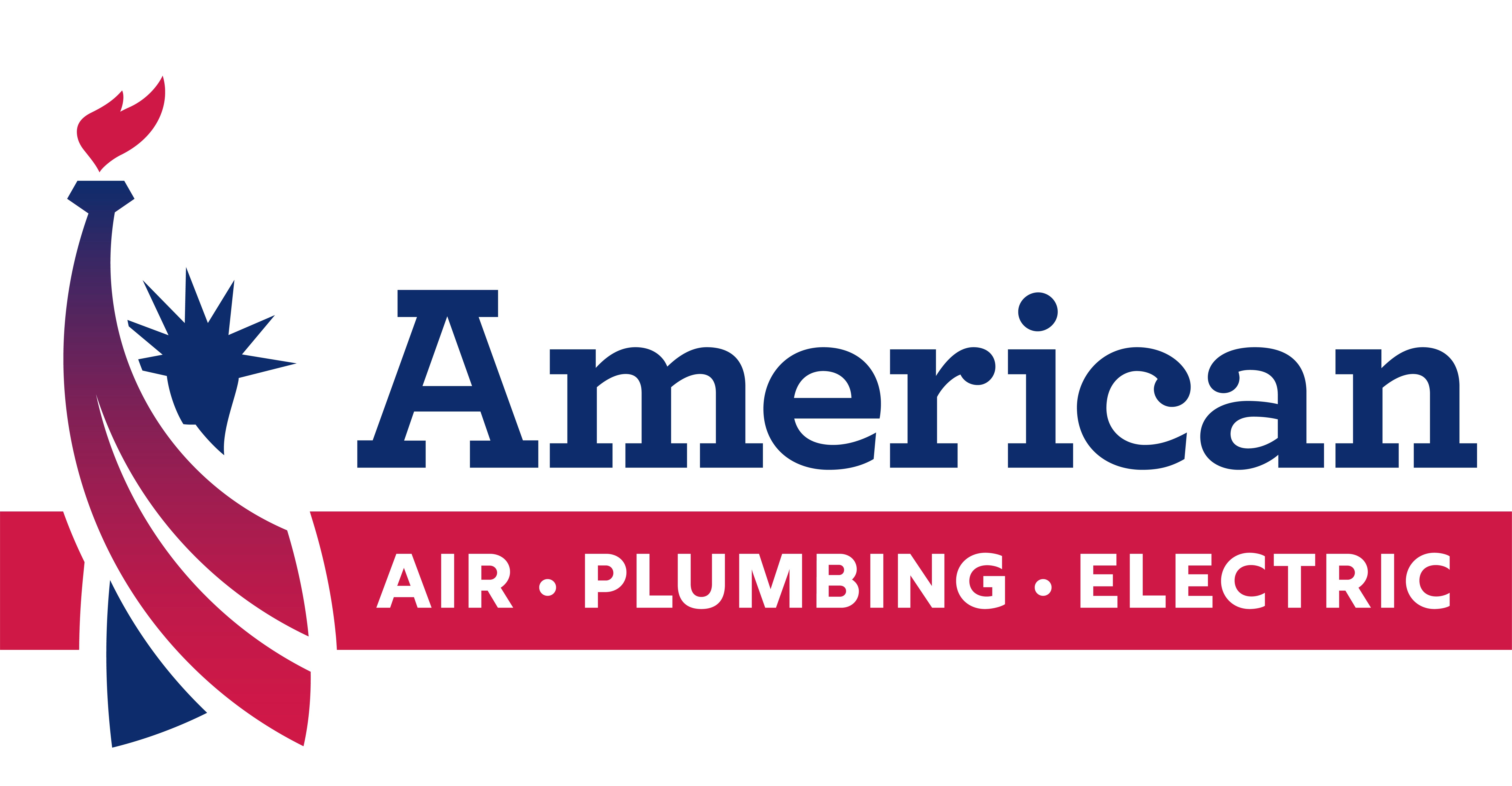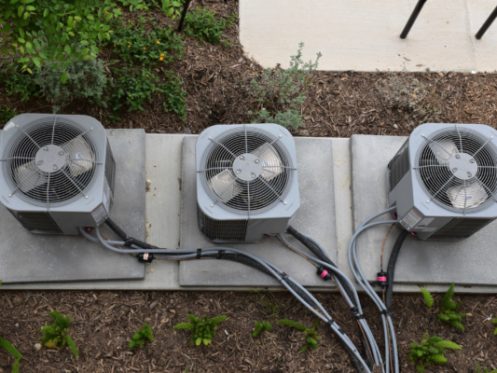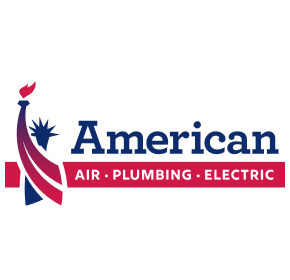Heat pumps have grown in popularity due to their efficient AC systems and capacity to heat houses during mild winters. As winter approaches, you may be wondering whether a heat pump is the best solution for you. This article will help you understand why a heat pump could be a good investment for your home.
What Exactly Is a Heat Pump?
A heat pump is a multi-functional system that provides year-round air treatment. It functions as an air conditioning system in warmer months and as a source of heat in cold weather. A heat pump is powered by electricity and may operate with your current ducting or in a ductless system.
How Do Heat Pumps Function?
A heat pump works similarly to a typical central AC system in that it uses refrigerant to transmit heat from one area of your property to another. However, it is distinguished by its reversing valve. This valve enables homeowners to heat or cool their homes by changing the direction of the refrigerant flow.
In summer, a heat pump transports heat from your house to the outside, much like an air conditioner. During the colder months, the process is reversed. It may now be able to extract heat from the outside air and transmit it to your house.
Even when the outside air is cold, it contains a small amount of heat. In the unlikely case that there is not enough heat in the exterior air, the heater will still help to keep your house warm. With a heat pump, you may expect to get three to four times as much heat out of it as energy input.
Benefits of Purchasing a Heat Pump for the Winter
There are various advantages to this device. Let’s consider a few.
Used for Both Heating and Cooling
As previously said, heat pumps keep you comfortable all year by heating and cooling your property. As a result, you won’t need to buy a furnace or another heating system.
In addition to your current gas furnace, you may want to consider a heat pump. The dual-fuel option allows for the use of two different heating systems that work together to meet the heating needs of the building. Also, each system functions at the lowest possible cost.
Energy-Efficient and Cost-Effective
It may be difficult to understand, but a contemporary heat pump can successfully collect heat from cold air in the winter. Even at subzero temperatures, a heat pump remains an energy-efficient device.
Heat pumps have lower running costs than combustion-based systems. Long-term energy savings grow in proportion to the energy efficiency of the systems. Even though ground-source heat pumps may cost up to $45,000, you might save up to $1,400 each year by adopting this ecologically conscious investment.
Each kilowatt of power used by these heat pumps has the potential to create three kilowatts of heat. In contrast, a traditional electrical baseboard heater consumes 1 kW of electricity and produces 1 kW of heat. In the end, use of a heat pump results in a 66% reduction in energy use.
Furthermore, the energy efficiency is better than that of a propane-powered system. You might save hundreds of dollars each year on energy expenses by switching to a heat pump.
Increases the Value of Your Property
A heat pump is an essential component of a home’s energy system. Energy-efficient and safe heat pumps will give your property a significant selling edge. Your home’s selling price might dramatically increase if you mention that your house has a heat pump.
Requires Less Maintenance
Heat pumps need less maintenance than combustion-based heating systems. Some components of the system must be examined on a yearly basis, which you may simply do on your own. Full inspections must be performed by trained experts every three to five years.
Increased Safety
Heat pumps are more secure than traditional furnaces. They pose fewer safety risks than their rivals since they run on electricity and do not need fuel to create heat.
Lowers Carbon Emissions
A heat pump system decreases carbon emissions while swiftly converting energy to heat. Water-source heat pumps, for example, are approximately 600% efficient.
A Longer Lifespan
Although the average lifespan of a heat pump is between 14 and 15 years, the maximum lifespan is 50 years. Despite these figures, they provide a consistent and dependable supply of heat.
Exercise Caution When Investing in Heat Pumps
Even though heat pump technology is improving, there are still times when a furnace or other extra heat source is required. Often, heat pumps have difficulty locating warm air outside to transfer indoors. This is common in places where temperatures dip below 15 degrees Fahrenheit for extended periods. A backup heating system is usually required in these situations.
The solution would be to get ground heat pumps that work differently and need less help. They extract heat from the earth, which maintains a consistent temperature throughout the year. You could also talk to a local HVAC expert about the area’s latest dual-fuel and high-efficiency heat pump systems. Consider the following disadvantages before purchasing a heat pump.
High Initial Investment
Even though heat pumps are expensive to buy at first, they save money in the long run by lowering energy bills and reducing carbon emissions.
Significant Installation Effort
Heat pump installation is a time-consuming operation that disrupts your home and garden. For example, construction penetrations through the cladding are required.
Cold-Related Issues
Some heat pumps have issues in cold climates that could eventually ruin the system. As a result, heat pumps cannot function at maximum efficiency in cold climates. However, a modern heat pump system may be able to overcome this issue. Always double-check your heat pump’s seasonal performance factor.
Not Completely Carbon-Free
Heat pumps cannot be completely carbon neutral since they need a power source to function. However, due to their strong coefficient of performance, they become more efficient as temperatures decrease.
How to Operate a Heat Pump During Winter
To get the most out of your heat pump in winter, you must know how to use it properly. Letting the pump freeze reduces its efficiency and may cause mold growth due to stale air. If you use your heat pump year-round, you should have a specialist inspect and maintain it annually. Keep the heat pump’s filters free of dust and debris by changing them at least once in three months between maintenance calls.
Seek Expert Installation and Maintenance
Installing a heat pump might be an excellent long-term investment in your comfort. At American Air, Plumbing, and Electrical, we know how important it is for your heating system to work correctly. We are devoted to providing services to ensure that your heat pump functions smoothly this winter. American Air, Plumbing, and Electrical is a family-run HVAC company serving Oviedo, FL and the surrounding areas. We value doing the right thing and achieving outstanding results. Our NATE-trained technicians have worked with us for years and are among the best in the business.
A few of the many services we offer are installing, maintaining, and repairing HVAC systems. Our experts will also work to enhance the air quality within your home, making it a more pleasant and healthier place to live. We also deal with other heating and cooling systems. Get in touch with our professional staff today to learn more about our services.


